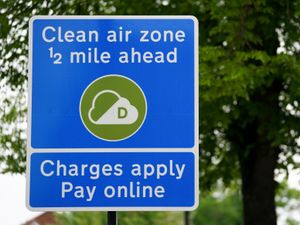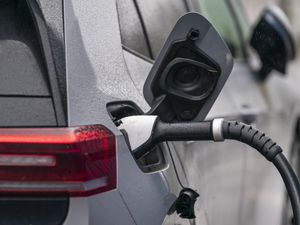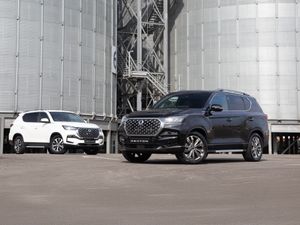Clean Air Zones generate more than £418m since 2021
Low Emissions Zones, Clean Air Zones and Zero Emissions Zones have all generated millions in penalty charges.

UK Clean Air Zones, Low Emissions Zones and Zero Emissions Zones have generated more than £418m in fees and penalty charges since March 2021, new research has found.
London’s Ultra Low Emissions Zone (ULEZ) accounted for the vast majority of this income, with £319,822,943 of income generated between October 2021 – when the ULEZ was expanded to cover the area within North and South Circular roads – and April 2023.
Uncovered through a Freedom of Information request sent out by Peugeot, the findings found that Birmingham’s Clean Air Zone had pulled in over £79m in charges and fines between June 2021 and April 2023, with Bath’s Clean Air Zone attracting just shy of £10m.
Bradford’s Clean Air Zone accumulated £6,727,725 between September 2022 and June 2023, whereas Portsmouth’s Clean Air Zone has generated £932,577 between December 2021 and May 2023.
The Transport Act 2000 requires local authorities in England to re-invest any earnings from Clean Air Zones into the ‘delivery of local transport policies’. Birmingham City Council, for example, states that it has invested over £52 million from its Clean Air Zone to back hydrogen bus trials, improvements to train stations and development of better cycling infrastructure.
Bristol’s Clean Air Zone’s revenue has been used to provide grants and loans to people and businesses to aid them in making the switch to a vehicle which meets the city’s emissions requirements.
Adam Wood, Managing Director, Peugeot UK, said: “Local authorities are turning their focus to improving urban air quality with 13 Clean Air Zones now in place across the UK. To help drivers avoid charges and reduce emissions in our urban centres, Peugeot has introduced a new e-Grant, offering customers a £3,000 saving on the new, all-electric e-208 and E-2008.”





